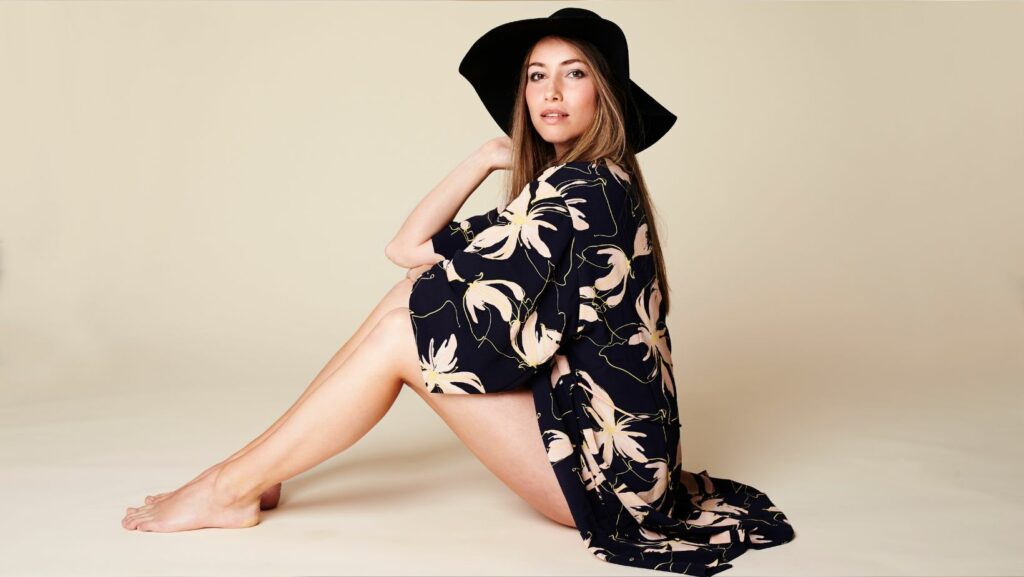Embarking on a journey towards a master’s degree in fashion and textiles opens doors to a world where creativity meets innovation. It’s a realm where design and craftsmanship intertwine, shaping the future of the industry. Pursuing a master’s in this field offers a deeper dive into the artistry and technical aspects that define modern fashion and textiles.
For those passionate about pushing boundaries and exploring the endless possibilities of fabric and form, a master’s in fashion and textiles is a gateway to honing skills and gaining expertise. From trend forecasting to sustainable practices, the program equips individuals with the knowledge and tools needed to thrive in a dynamic and competitive landscape.
Fashion and Textiles Masters
Key Curriculum Components
 Fashion and textiles masters programs offer a diverse range of curriculum components that are essential for students seeking in-depth knowledge and skills in the industry. These programs typically cover advanced design principles, textile technologies, sustainable practices, and trend forecasting. Students delve into specialized areas such as couture techniques, digital design, material innovation, and fashion marketing. The curriculum often includes hands-on projects, industry collaborations, and internships to provide practical experience and enhance employability.
Fashion and textiles masters programs offer a diverse range of curriculum components that are essential for students seeking in-depth knowledge and skills in the industry. These programs typically cover advanced design principles, textile technologies, sustainable practices, and trend forecasting. Students delve into specialized areas such as couture techniques, digital design, material innovation, and fashion marketing. The curriculum often includes hands-on projects, industry collaborations, and internships to provide practical experience and enhance employability.
Career Opportunities After Graduation
Graduates of fashion and textiles masters programs are well-positioned to pursue various exciting career opportunities in the ever-evolving industry. They can explore roles such as fashion designer, textile technologist, sustainability consultant, trend forecaster, product developer, and fashion buyer. With their advanced skills and expertise, they can carve out successful careers in fashion houses, design studios, textile companies, sustainability organizations, retail brands, and academic institutions.
Choosing the Right Fashion and Textiles Masters Program
Factors to Consider
 Curriculum Focus: When selecting a fashion and textiles master’s program, it’s essential to consider the curriculum focus. Look for programs that offer a blend of advanced design principles, textile technologies, sustainable practices, and trend forecasting. Ensure the curriculum aligns with your career aspirations, whether you aim to specialize in couture techniques, digital design, or fashion marketing.
Curriculum Focus: When selecting a fashion and textiles master’s program, it’s essential to consider the curriculum focus. Look for programs that offer a blend of advanced design principles, textile technologies, sustainable practices, and trend forecasting. Ensure the curriculum aligns with your career aspirations, whether you aim to specialize in couture techniques, digital design, or fashion marketing.- Faculty Expertise: Evaluate the faculty’s expertise and industry experience. Professors with relevant industry backgrounds can provide valuable insights and networking opportunities. Consider programs where faculty members actively engage in research and industry projects to stay abreast of current trends and practices.
- Internship Opportunities: Master’s programs that offer internship opportunities provide hands-on experience in the field. Look for programs that have partnerships with fashion houses, textile companies, or design studios to gain practical insights and build a professional network.
- Specialization Options: Determine if the program offers specialization options that align with your career goals. Whether you’re interested in sustainable fashion, textile innovation, or fashion management, choosing a program that allows you to tailor your studies can enhance your expertise in a specific area.
- Industry Connections: Consider programs that have strong connections with industry professionals and organizations. These connections can provide internship placements, guest lectures, and networking opportunities that are instrumental in launching a successful career in the fashion and textiles industry.
Student Life in Fashion and Textiles Masters Programs
Challenges Faced by Students
 Navigating the rigors of a fashion and textiles master’s program can pose several challenges for students. The intensive coursework demands a high level of creativity, critical thinking, and time management. Meeting project deadlines while maintaining design excellence can be particularly demanding. Additionally, staying abreast of rapidly evolving trends in the fashion industry requires constant adaptation and innovation. Balancing academic commitments with practical experience through internships or research projects can also be challenging but is essential for holistic skill development.
Navigating the rigors of a fashion and textiles master’s program can pose several challenges for students. The intensive coursework demands a high level of creativity, critical thinking, and time management. Meeting project deadlines while maintaining design excellence can be particularly demanding. Additionally, staying abreast of rapidly evolving trends in the fashion industry requires constant adaptation and innovation. Balancing academic commitments with practical experience through internships or research projects can also be challenging but is essential for holistic skill development.
Success Stories and Alumni Insights
Many graduates of fashion and textiles master’s programs go on to achieve remarkable success in the industry. Alumni from renowned institutions secure coveted positions with leading fashion houses, design firms, textile companies, and trend forecasting agencies. Their achievements serve as a testament to the quality of education and training received during their master’s program. Alumni insights often highlight the invaluable networking opportunities, mentorship from industry experts, and hands-on experience gained through internships that have paved the way for their professional accomplishments. Studying in a fashion and textiles master’s program opens doors to a world of possibilities and career advancement in the dynamic realm of fashion design and textile innovation.



